
Organizational Partners
To identify opportunities for collaboration, Lab participants build relationships with local organizations whose objectives align with the Lab’s core commitments and research expertise. In developing new partnerships, the Lab sets out to understand the histories and contexts of community priorities and to position itself in the role of a convener and capacity-building catalyst in helping to address them. Priority is given to collaborative, river-facing projects to which UM faculty and students can make meaningful contributions through the narrative channels of journalism, curriculum, or public heritage.
Story Lab team members are actively collaborating on ongoing projects with the following organizations:
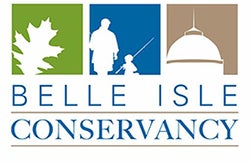
The Belle Isle Conservancy is a nonprofit organization dedicated to protecting, preserving, restoring, and enhancing the natural environment, historic structures, and unique character of Belle Isle as a public park. Alongside the Michigan DNR, the conservancy provides information and access to Belle Isle’s park, history, and events to visitors and volunteers as well as assessing the condition of park’s physical, natural, and cultural resources. Their programming includes operation of the Belle Isle Aquarium, school field trips, fundraising, and annual family events. They also raise funds for restoration and preservation of historic structures on the island, including renovation of Sunset Point and roof stabilization on the Horse Stables and the Aquarium.
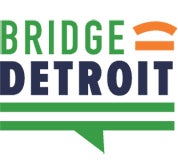
BridgeDetroit is a nonprofit community news, information and engagement media service in America’s largest majority African American city. Their content is anchored in an ongoing effort to engage Detroiters and identify the issues THEY see as crucial to their lives and to their understanding of the city’s civic life. BridgeDetroit is produced by, and for Detroiters, and its goal is to fill a growing deficit of vital information and engagement in the city’s news ecosystem.

Charles Wright Museum is a local museum dedicated to exploring and celebrating the rich cultural legacy of African Americans. Their programming includes dozens of permanent and visiting exhibitions, over 300 annual public events and programs, as well as education and research opportunities for adults, children, and visiting scholars. Their aim is to inspire visitors toward greater understanding, acceptance, and unity by reflecting on the triumphs and tragedies of African-American history. Their collections include the Blanche Coggin Underground Railroad Collection, the Harriet Tubman Museum Collection, and the Sheffield Collection, and over 35,000 artifacts pertaining to the African American experience.
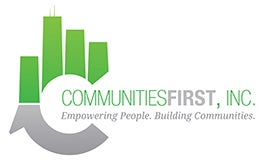
Communities First, Inc. is a Flint-based organization. Their mission is to build healthy, vibrant communities through economic development, affordable housing and innovative programming. Their programs focus on affordable housing, economic development, and green and quality of life programs targeting low to moderate income individuals, vulnerable populations, and distressed communities.

The Community Foundation for Southeast Michigan is a full-service philanthropic organization leading the way to positive change in our region. As a permanent community endowment built by gifts from thousands of individuals and organizations, the Foundation supports a wide variety of activities benefiting education, arts and culture, health, human services, community development, and civic affairs. Since its inception, the Foundation has distributed more than $1.1 billion through more than 74,000 grants to nonprofit organizations throughout Wayne, Oakland, Macomb, Monroe, Washtenaw, St. Clair, and Livingston counties.

The Detroit River Project is a local organization committed to advancing regional civil rights history and education. A 5013c organization, its members are dedicated to the enlightenment, education, and celebration of cultural heritage in the Detroit River region with an emphasis on Underground Railroad history. Their ongoing projects include a bid to have the Detroit River designated as a UNESCO World Heritage site to recognize and commemorate the river’s role in Civil Rights history and programming for educating Detroit youth on the river’s history, legacy, and transformative present.

Founded in 1921, the Detroit Historical Society is dedicated to ensuring that the history of the Detroit region is preserved so that current and future generations of metro Detroiters can better understand the people, places and events that helped shape our lives. They founded the Detroit Historical Museum, raised funs for the Detroit Historical Museum, the Dossin Great Lakes Museum, and Historic Fort Wayne. They currently manage the Detroit Historical Museum, the Dossin Great Lakes Museum, and over 250,000 artifacts in the collections.
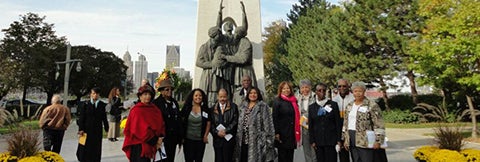
The Essex County Black Historical Research Association brings together individuals interested in the research, preservation, promotion and advancement of the Black (African-Canadian) history of the Windsor-Essex County area. Information is presented and discussed relating primarily to Blacks in Essex County. The ECBHRS encourages and stimulates interest within the community in the Black history of Windsor and Essex County and surrounding area and cooperates with other historical societies, museums and related organizations.

Launched in Detroit in 2010, the Green Door Initiative envisions a world where everyone, irrespective of racial background, zip code or income bracket, thrives in a healthy environment free from pollution which impacts the air, water, natural resources, and the built environment, where environmental racism is a distant memory for generations to come, and where environmental justice is a reality for all.

Beloved by the surrounding community for its peaceful, riverfront setting, Historic Fort Wayne has come to serve as a one-of-a-kind venue for a wide range of events from soccer games to historic reenactments to outdoor festivals. The only star fort in the Midwest, the only remaining Native American burial mound of hundreds that once dotted Southeast Michigan, historic military buildings from the Civil War through Vietnam era—all of these, and more, enrich the lives of Detroiters and greet visitors from around the region and beyond.
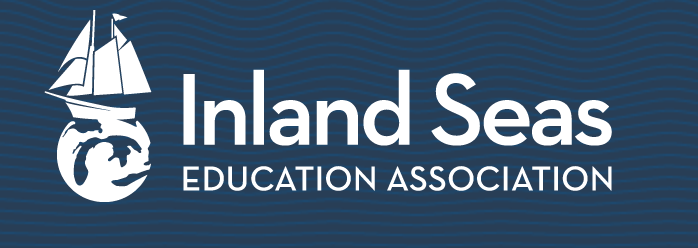
Since 1989, Inland Seas Education Association (ISEA) has provided learners of all ages with hands-on experiences aboard traditionally-rigged tall ship schooners, along the shores of the Great Lakes, and in local rivers, streams, and wetlands. As a non-profit organization located in Suttons Bay, Michigan, their mission is to inspire a lifetime of Great Lakes curiosity, stewardship, and passion in people of all ages, and their goal is to provide people with the information they need to become stewards of the Great Lakes.
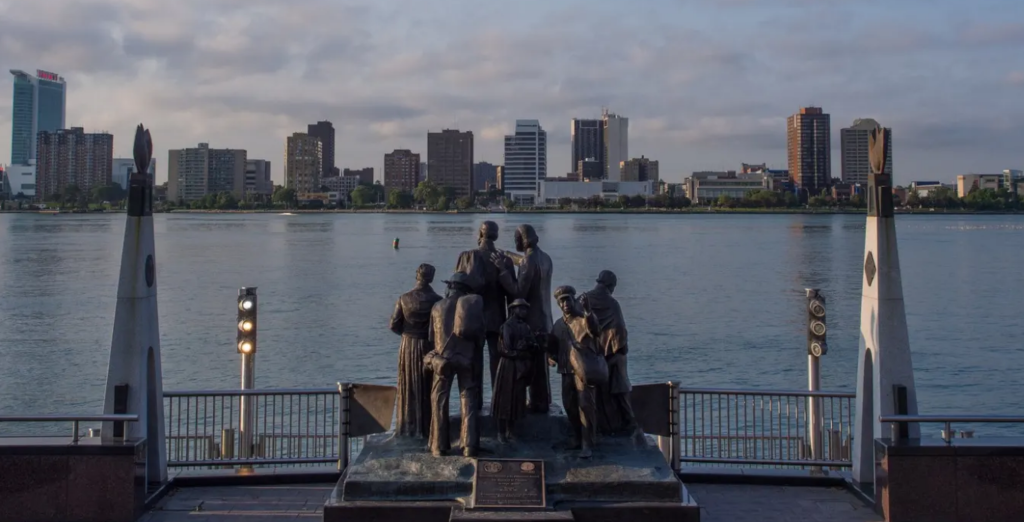
The Michigan Underground Railroad Exploratory Collective is a nonprofit that sets out to heighten the visibility of Michigan’s Underground Railroad history in classrooms from kindergarten to college. Its membership includes individuals from a variety of backgrounds with a shared interest in research, preservation, and educational activities. Interactive programs that MUREC provides include guest speakers, field trips to a variety of locations (such as the Detroit River Borderland), and the recognition/plaquing of notable events and dialogs from the 19th century Freedom Movement.
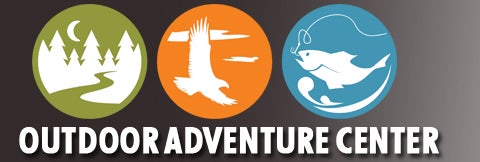
Since 2015, the Outdoor Adventure Center, operated by the Michigan DNR, provides hands-on experiences of Michigan’s natural resources, recreation opportunities, and economic history. Located in downtown Detroit in the historic Globe Building, their aim is to inspire, educate, and connect visitors to Michigan’s resources and state properties
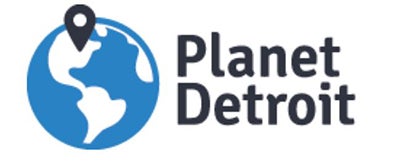
Planet Detroit is a weekly email newsletter update to help readers get smarter about the environment in Detroit and Michigan. They focus on explanatory, solutions-based, and investigative reporting, and they have a deep commitment to community engagement around local environmental issues. They have a keen understanding of the issues and the attention of local activists, nonprofit and business leaders, and other local media.
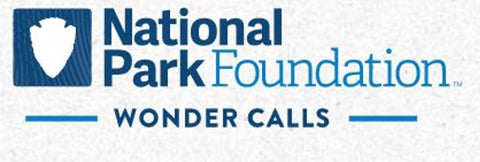
The River Raisin National Battlefield Park preserves the January 1813 battles of the War of 1812 and their aftermath in Monroe and Wayne counties in SE Michigan. The Battle at River Raisin was one of conflicting nations: Tecumseh’s envisioned an Indian Confederacy. The British desired power over the Great Lakes and the fur trade. The French habitants wanted to be allowed to settle undisturbed. The Americans fought for land. It was here that conflict so poignantly and quintessentially expressed the issues of nations in January 1813.

The Sarah E. Ray Project, led by 2015 Kresge Artist Fellow, Pulitzer Prize nominee, and former attorney Desiree Cooper and award-winning documentary filmmaker Aaron Schillinger, is creating an interactive multimedia examination and celebration of the life of Detroit civil rights pioneer Sarah E Ray, sometimes known as Detroit’s Other Rosa Parks. Denied a seat on the segregated Boblo boat, SS Columbia, she refused to back down, taking her fight for integration all the way to the United States Supreme Court.
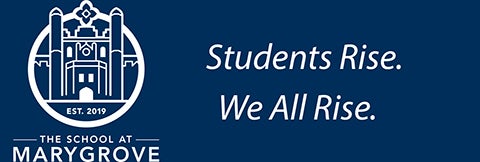
The School at Marygrove is a cradle-to-career public school located on the Marygrove College campus in northwestern Detroit with a dual emphasis on social justice and design. Their mission is to create a singular school space in which every adult has two goals: children’s rich and robust learning and the education of urban teaching professional. They employ a project- and place-based curriculum that engages students in community-based and social justice-oriented learning opportunities.
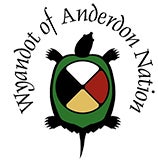
The Wyandot of Anderdon Nation sits within the Wendat Confederacy, which consists of The Huron Wendat Nation, in Québec, Canada, The Wyandot of Anderdon Nation, The Wyandot Nation of Kansas and the Wyandotte Nation in Oklahoma. Inspired by their proud and documented Native American heritage, the Wyandot of Anderdon’s mission is to perpetuate and share their Native values and culture for the purpose of establishing and promoting quality tribal management and financial stability, economic and education opportunities, cultural traditions and history awareness, and to provide services and entitlements for the betterment of their past, present and future generations, as well as other Native cultures and local communities
We are grateful to Stephanie Prechter for allowing us to use her photographs of the Detroit River on this website.


